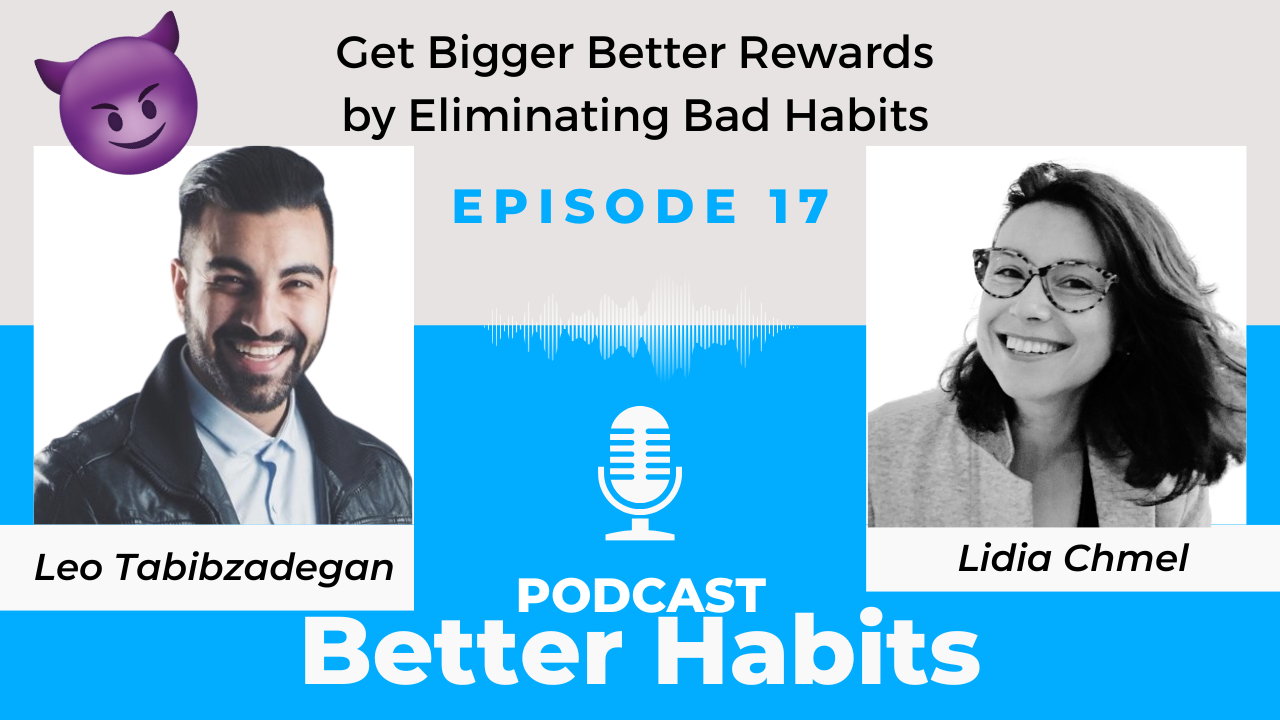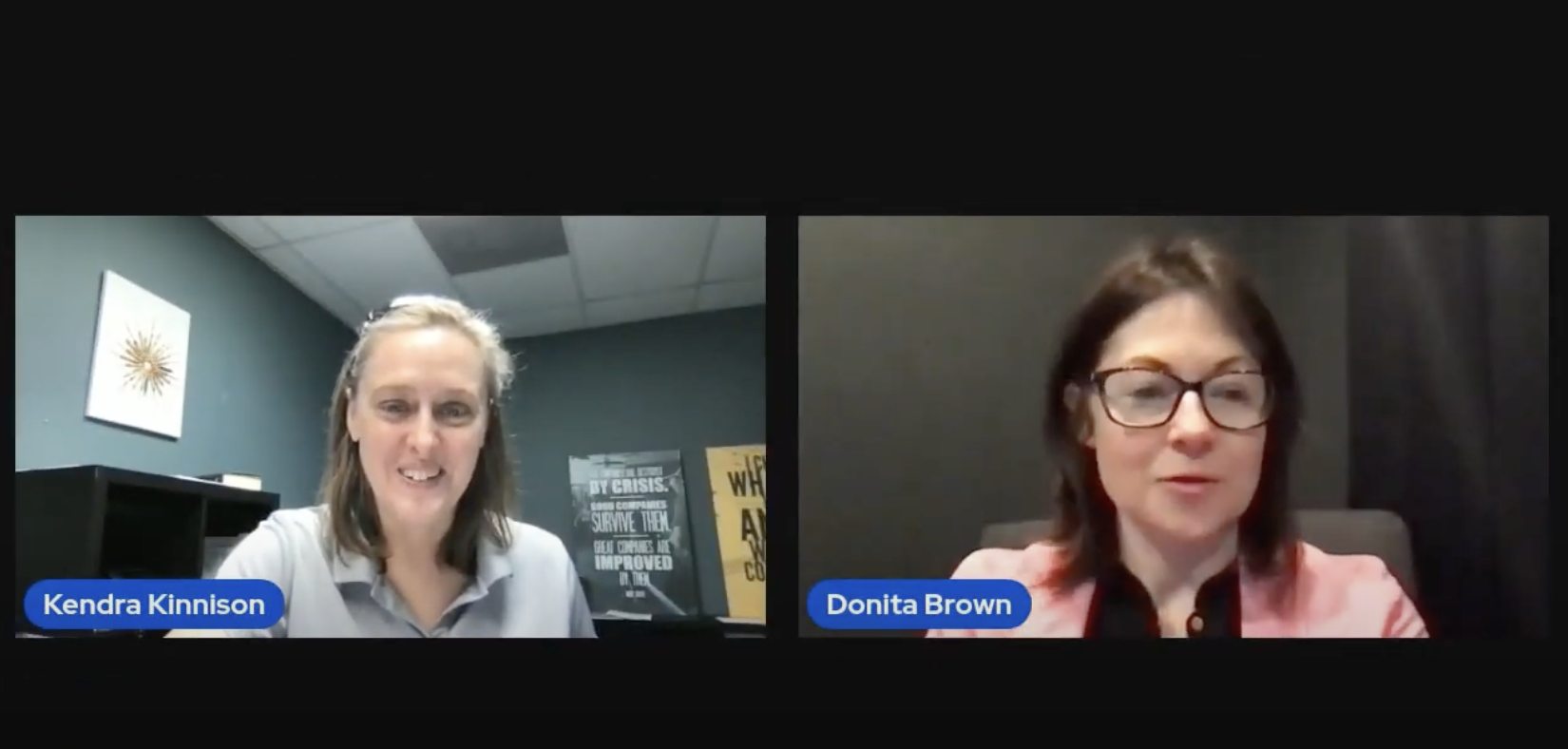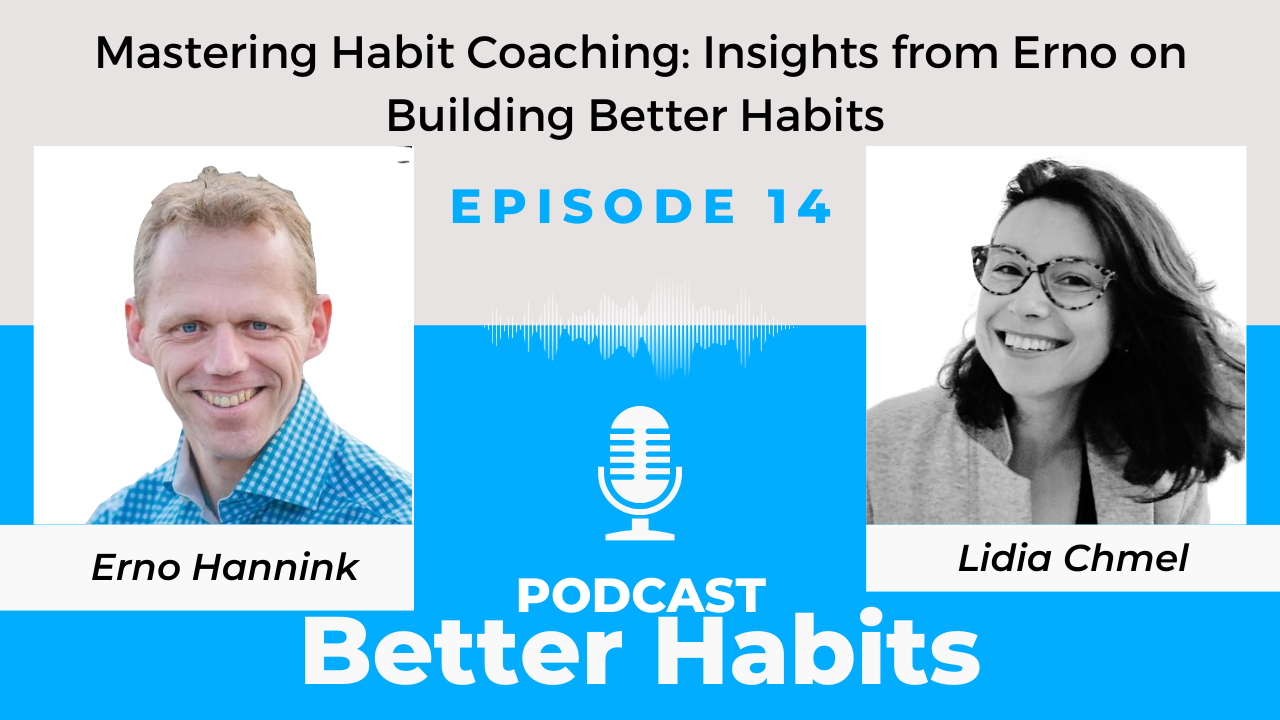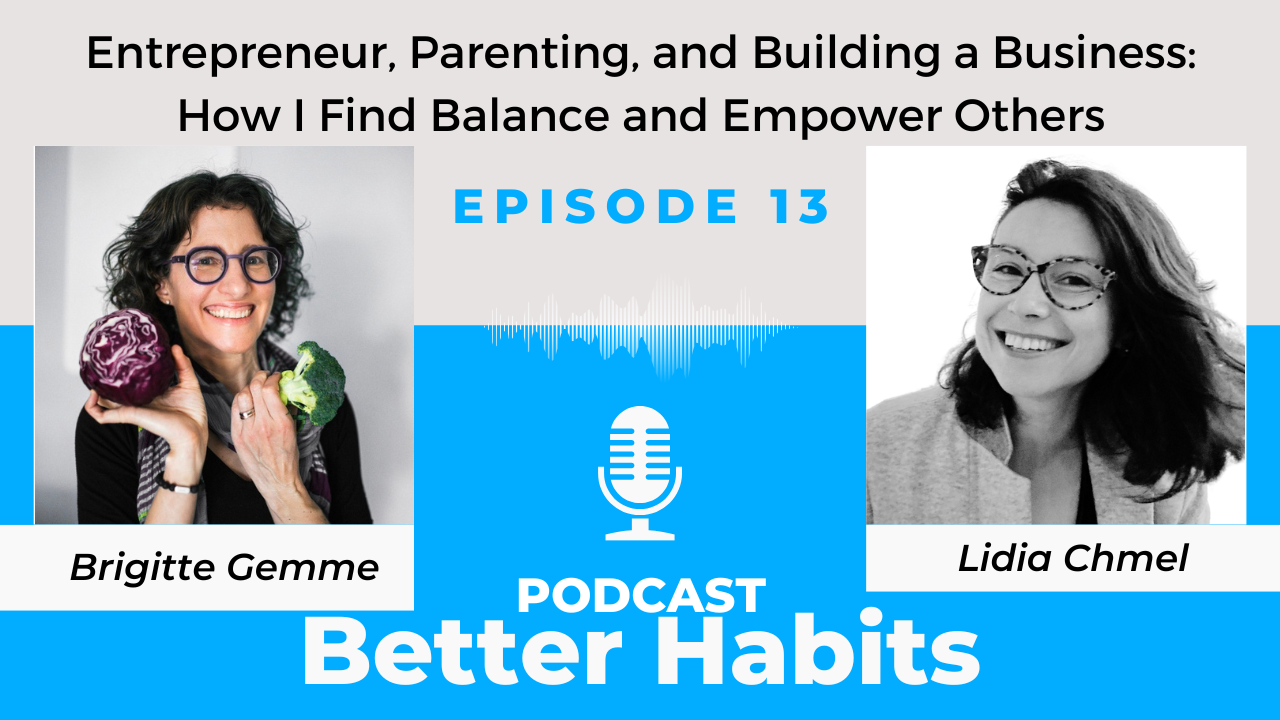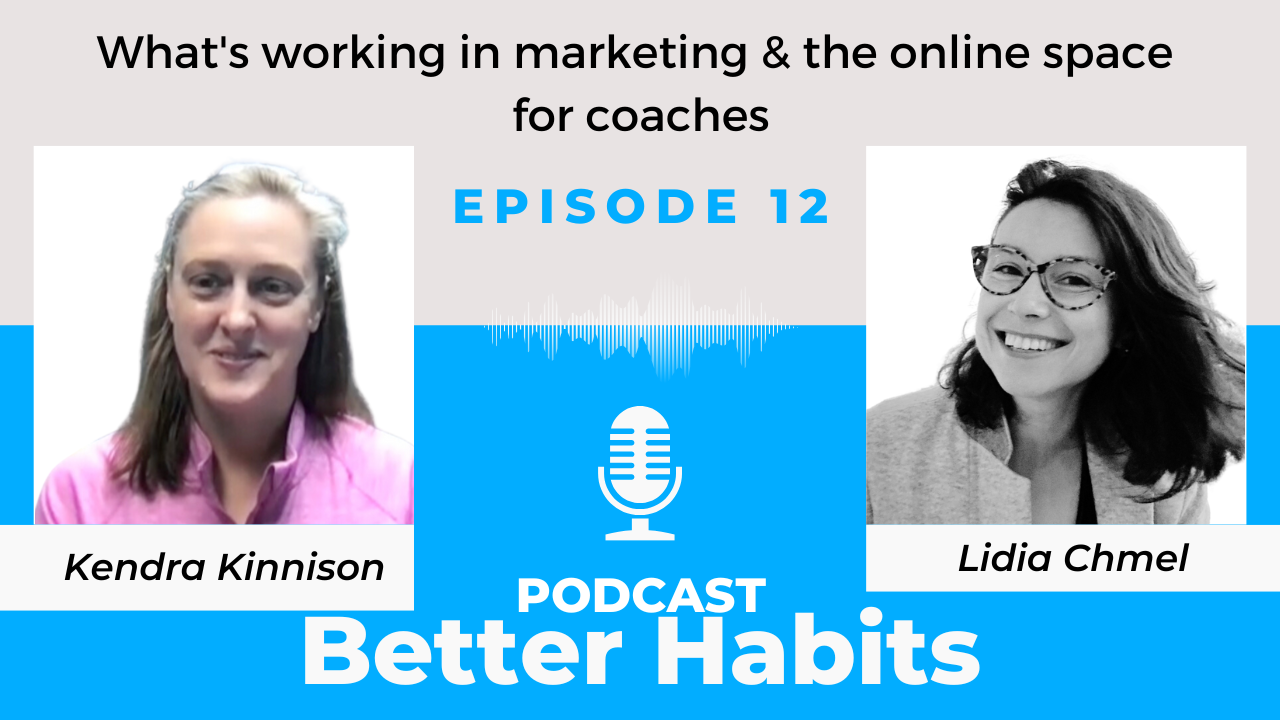Today I’m challenging you to give up caffeine for 30 days. To join the challenge, follow the steps at the bottom of this post.
People who quit caffeine say that the change gave them more consistent energy, greater productivity, cured their sleep issues, and saved them hundreds to thousands of dollars each year that would otherwise go down the drain, literally.
Try it for 30 days to see if you work better, feel better, and sleep better without caffeine. And if you’re serious about quitting caffeine, hire today’s featured coach, Duff, who’s been caffeine-free for 5 years. The first 10 people to sign up with Coach Duff using the promo code DECAF will get their first week free.
How Caffeine Works
Caffeine is the world’s most popular drug. When you take a sip of a caffeinated beverage, caffeine molecules travel from your gut to your bloodstream and then to your brain, where they block adenosine receptors. Adenosine makes you drowsy, hence caffeine’s stimulating effect.
The more caffeine you drink, the more receptors you can block, that is until your body figured out that something is off and makes more receptors to compensate for the blocked ones. That’s why you need more caffeine to get the same buzz over time. [1]
How to Quit Caffeine
You have two basic options when quitting caffeine: gradually reduce your intake or go cold turkey. There are alternatives you can take which have the same effect; making you feel more energetic and lifting your mood, like Kratom which you can read more about at 420highStreet.org. This might make the transition a little easier for you. You can read more about the benefits of kratom in terms of its effects on both mood and energy levels on this website.
If you go cold turkey, you’ll suffer from withdrawal symptoms such as headaches and sluggishness for a few days to a couple weeks depending on how much you usually drink. Yeah, it sucks, but it’s a relatively short timeframe to recalibrate and completely clean up your system.
A less painful but longer method is to give up caffeine gradually. Swap out energy drinks (80 mg of caffeine) for soda (40 mg) or coffee for green tea or decaf (which still has 2-12mg of caffeine per cup!). [2]
Either way, you’ll want to find something else to drink each morning. Water and herbal tea are great substitutes. And here’s another tip: avoid all of the coffee shops and corner stores on your morning route to work: saying no is hard, so don’t make yourself do it in the first place!
6 Surprising Benefits of Quitting Caffeine
#1. Be More Productive
It turns out that while coffee can help you concentrate, it kills your creativity. You need creativity to think well, make good decisions, and manage multiple streams of information. So if you have to solve a problem, you could be at a disadvantage if you’re hopped up on caffeine. [3] One study even showed that caffeine kills motivation and productivity in overachievers who don’t need an extra stimulus to get things done. [4]
#2. Be More Resilient
Psychological resilience comes when you are in control of your mental state and can navigate outside pressures and unexpected situations without them dramatically altering your performance.
If you drink caffeine, you’re dependent on your morning fix to reach your baseline productivity and focus. What happens when you have to skip the coffee/tea/Red Bull? Your performance tanks. When you quit caffeine, you’ll reset your baseline and be able to reach peak productivity in your natural, caffeine-free state.
#3. Reduce Anxiety
The greatest benefit of caffeine is that it temporarily makes you more alert and focused. But drink too much caffeine and you’ll go into a hyper-alert mode that can trigger anxiety, physical jitters, and make it harder to concentrate. If you are an anxious person anyway, due to a condition or it is just your natural disposition, caffiene really isn’t a great idea, and you may want to consider CBD oil. You can save on cbd oil here if you want to give it a try as a natural anxiety medication, alongside giving up caffeine.
#4. Save Money
How much did you spend on caffeinated beverages last week? Multiply that by 52 to find out your yearly caffeine spend.
Starbucks Latte: $3.85/cup * 7 days a year * 52 weeks = $1,401/year
Energy Drink: $2.50 * 7 * 52 = $910/year
Green Tea: $1.95 * 7 * 52 = $710/year
Diet Coke: $1.00 * 7 * 52 = $364/year
That’s a lot of cash. It’s a lot more cash if you throw that amount into savings and invest it. A latte a day in savings becomes over $50,000 after 20 years at 7% growth. How much could you save? Calculate it here.
#5. Lose Weight
The studies that tout caffeine as a metabolism booster ignore the fact that 65% of American adults put sugar and/or cream in their coffee daily. [5] Sweet coffee/tea, energy drinks, soda have between 100-300 calories per serving, or between 11-30 pounds of calories (1 pound = 3,500 calories) per year. Find the ‘nutrition’ behind your favorite drink here.
#6. Get Better Sleep
Caffeine is incredibly disruptive to your sleep. Research shows that people who consumed the caffeine equivalent of a Starbucks Venti coffee (400mg) 6 hours before bedtime lost 41 minutes of sleep during the night. [6] That’s equivalent to drinking coffee during your afternoon break if you go to bed around 10pm. Also, caffeine intake can cause the disrupted sleep and withdrawal symptoms that induce daytime sleepiness in the first place. [7]
Here’s how to join the challenge:
Step 1: Add No Caffeine as a goal on Coach.me. This is free, and it will keep you accountable to yourself and others. This is also where you’ll get tips on alternative energy boosters and replacement habits.
Step 2: If you’re really serious about quitting caffeine, up the ante and hire Coach Duff to hold your feet to the fire. His style is solutions-focused. He’ll help you come up with replacement behaviors, manage cravings, build momentum, and stay accountable to your goal. The first 10 people who sign up with the promo code DECAF will get their first week of coaching free.
Step 3: Pick a replacement habit. The easiest replacement habit would be to drink something without caffeine instead like water or herbal tea. If you need an energy boost, try a quick walk, stretch, or chat with a coworker or friend.
[1] http://www.smithsonianmag.com/science-nature/this-is-how-your-brain-becomes-addicted-to-caffeine-26861037/?no-ist
[2] http://energydrink-us.redbull.com/caffeine-amount-red-bull
[3] http://alifeofproductivity.com/experiment-top-10-things-learned-drinking-only-water-month/
[4] http://gizmodo.com/5897375/coffee-makes-over-achievers-slack-off
[5] http://www.statisticbrain.com/coffee-drinking-statistics/
[6] http://www.aasmnet.org/jcsm/ViewAbstract.aspx?pid=29198
[7] http://www.ncbi.nlm.nih.gov/pubmed/17950009
If you enjoyed this blogpost, please share it with a friend by posting it to Twitter or sharing it on Facebook. We grow by word of mouth, so your shares are important. They also tell us that we should keep writing more posts.

